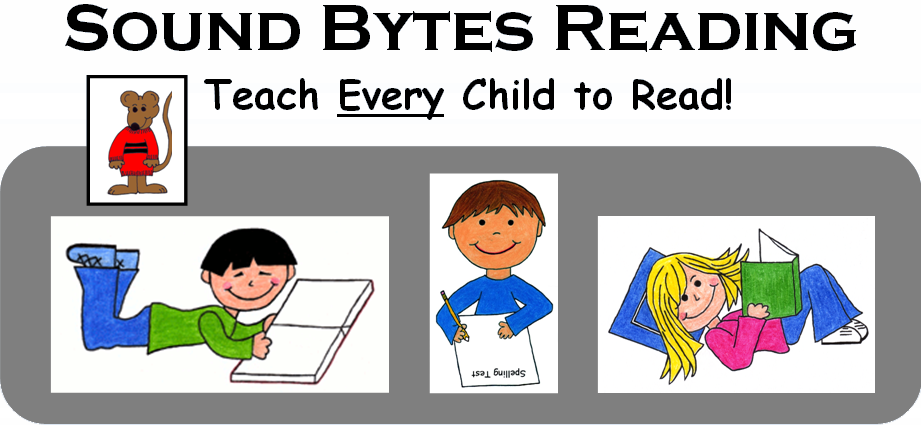Emotions and Learning

Emotions influence our ability to learn. Negative emotions can inhibit learning. If a person is fearful, it will be difficult to learn because emotions take precedence in the brain above learning. The impulse towards “fight or flight” takes over. If a student is afraid of a teacher or another student, he cannot fully focus on learning. Fear causes the brain to shut down unnecessary activity until the threat is past.
Yelling at children actually causes them to shut down to a greater or lesser degree, depending on the temperament of the child. New studies show that harsh verbal punishment can increase the risk of depression in youths.* If an instructor or a parent allows frustration to build to the point that he/she chooses to start yelling, students are not likely to learn from them. Rather, students are likely either to become angry in return, or to withdraw emotionally, or to freeze up and not be able to take action. Fight or flight or freeze.
Conversely, positive emotions can enhance learning. When learning is engaging and students enjoy the experience, they are likely to remember more of what they learned and to have a positive reaction when the experience is repeated. How we present new material to children is important, especially when they do not yet understand what we are trying to teach. The manner in which we choose to teach and interact (whether kindly and patiently—or with anger, sarcasm, and impatience) will impact our students’ emotions and their willingness and ability to learn.
Some teachers instinctively understand the value of using positive emotions to teach students. One creative teacher turned his classroom into a “poetry café” complete with providing cookies and hot cocoa on the day his students had to give presentations. He made what could have been a fearful experience—public speaking—into a fun-filled event that his students actually looked forward to.
The impact of emotions on learning has not always been well understood. As we learn more about how the brain works, we are discovering that we can improve our methods of teaching by engaging more areas of the brain through not only sight, sound, touch, taste, smell, but also through positive emotional feeling. We remember what we experience. Properly utilized, teachers can cultivate positive emotions by using positive experiences to help us learn.
*See USA Today article, “Parents: Yelling and swearing at teens can backfire”: http://www.usatoday.com/story/news/nation/2013/09/04/teen-behavior-parents-discipline/2724361/
